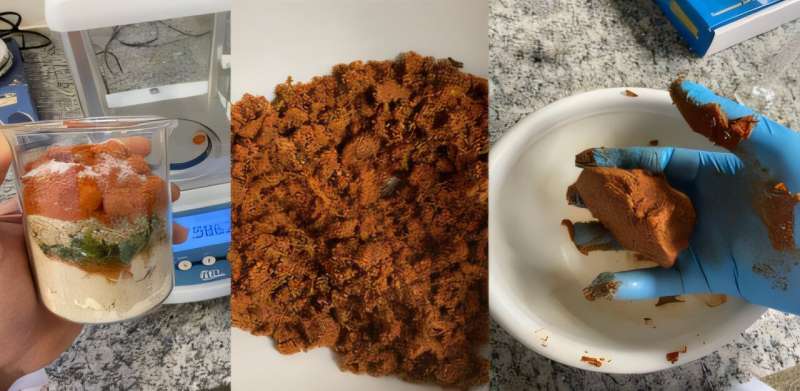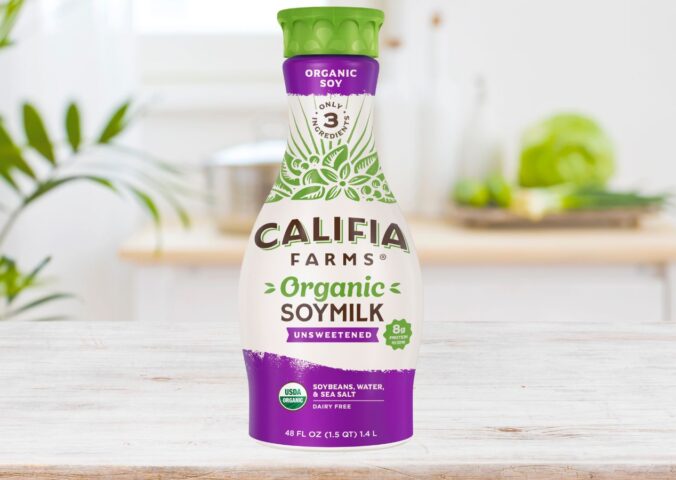Researchers have found that sunflower meal could be a “promising” emerging ingredient in the production of alternative proteins and plant-based meat.
Researchers from the University of Campinas (UNICAMP) and the Institute of Food Technology (ITAL) in São Paulo, Brazil, collaborated with researchers from the Fraunhofer IVV Institute in Dresden, Germany, to complete the new study, which was published last month in Food Research International.
The study details the team’s work and demonstrates how sunflower meal, which is a natural byproduct of sunflower oil extraction, could both help cater to consumer demand for “sustainable and plant-based food options” and integrate a circular economy model into the plant protein market.
According to the researchers, 100 kg of sunflower seeds yields approximately 80 kg of kernels and 20 kg of husks. After oil extraction, this yields 40 kg of oil and 40 kg of meal, the latter of which could be used to produce nutrient-dense and sustainable alternative proteins for human consumption.
Approximately 21.63 million metric tons of sunflower oil were produced worldwide from 2023 to 2024. Currently, sunflower meal is primarily used to feed animals raised for meat, dairy, and eggs, which is a deeply inefficient and resource-intensive way of producing protein.
“This study underscores the potential of underutilized ingredients, such as sunflower meal, to contribute positively to a sustainable and nutritious food system,” wrote the researchers. They also described the study’s “promising results” in terms of overall nutritional value and consumer acceptance.
Read more: Patents For Alt Proteins In Europe Rise By 960% In 10 Years
‘The study provided a lot of positive references’

The researchers prepared two different alternative proteins using sunflower derivatives. The first included flour from roasted grains, while the second included textured sunflower protein (MAMt). Both featured a blend of spices, tomato, and plant-based oils like olive, linseed, and sunflower.
The two base mixes were shaped into mini burger-style patties and baked before undergoing nutritional analysis and sensory evaluation.
According to the study, patties made with MAMt had superior consistency and nutrient-density, with high levels of protein, monounsaturated fatty acids, and minerals including magnesium, manganese, zinc, and iron. Study co-author Maria Teresa Bertoldo Pacheco of ITAL’s Center for Food Science and Quality also described the MAMt blend as having “very neutral taste and aroma.”
“I think the study provided a lot of positive references, both for making full use of the cultivar and for encouraging the consumption and appreciation of the flour,” said Pacheco, per EurekaAlert! Some brands, including Moving Mountains and Before the Butcher, have already launched products made using sunflower seed-based protein, which is naturally gluten-free.
Read more: Demolish Foods Unveils ‘Unprecedented’ Plant-Based Whole Cuts Production Platform






